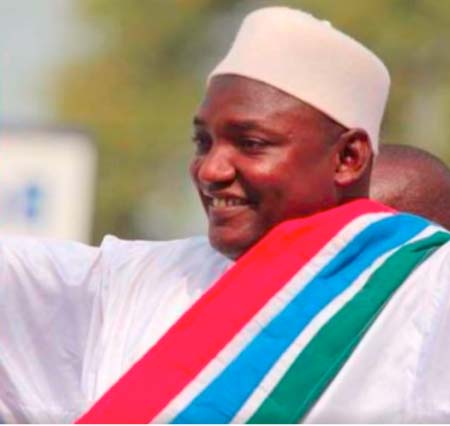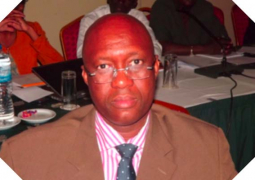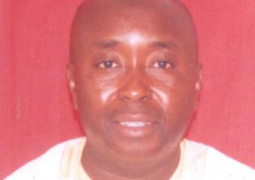
Amidst
threat to the Gambia’s social cohesion due to rising phenomenon of tribalism,
president-elect Adama Barrow has said that tribe and tribal sentiments are not
of importance to him, as he is above such divisive tools of society.
“For me, the importance of tribe is just communication,” he told journalists on Thursday during the first press conference, after the election, organised by the in-coming coalition government at Kairaba Hotel in Kololi.
“My humble self, I belong to all tribes: I am Mandinka, I am a Fula and Sarahuleh and my last two sisters are married to Jolas. I have nothing against Jolas.”
Barrow’s comment is in reaction to the fact that the seed of tribalism that had been planted in The Gambia in the past two decades has now started to germinate, threatening the social fabric of the country.
However, the new president said even though he is concerned and recognised the rising tribal sentiment as a problem, it is being “overemphasised”.
“I think people are exaggerating it. I don’t think it has got to that level. I recognise it as a problem, but I don’t think it is that serious as some people are taking it to be.”
Job creation
Unemployment rate in The Gambia has reached an all-time high of about 30 per cent, from 22 per cent in 2010, according to Trading Economics. More than 40 per cent of those who are employed live below the poverty line of $1.25 per day.
President-elect Barrow said they are not oblivious of that fact and have already identified job creation through investment in manufacturing, fishing, and agriculture as priority sectors for employment creation.
“We can assure you that we are very committed to job creation,” he said.
He further explained that the fishing industry is one of the sectors that will be explored to create jobs for the youths, adding that the potentials of the sector as a source of employment have not been fully explored over the years.
In the area of agriculture, he said even though the back-to-the-land syndrome has been there, it has not been backed by adequate policies to create meaningful employment for the youths.
The coalition government will also create avenues and encourage investors to invest in manufacturing and other economic ventures.
“We will encourage investors to invest in the country, to invest in light industries. We cannot just be importing, we have to produce and in the process create jobs.
“But for that to happen, there should be affordable and reliable electricity. So we would also work on electricity provision because it is paramount to my government.”
Poverty at breaking point
“The poverty level is at a breaking point,” president-elect Barrow said.
According to World Bank statistics, about half of Gambia’s population lives below the poverty line, as of 2010, making it very difficult for households to acquire adequate food provisions.
But Barrow said the country “was saved on 1st December 2016” by voting for him as president against incumbent Yahya Jammeh.
The high level of poverty has to do also with The Gambia’s isolation in the international community, according to the president-elect.
“The Gambia was sort of isolated, and that has affected the country seriously.
“But we are encouraged by the support of the international community, since our election. They are very willing to work with Gambia. They are even saying we should start to work now. I think that partnership we would build with the international community will make a difference in the lives of the Gambian people.”
Three years enough
The coalition president said even before signing the coalition agreement, they had thought about the three-year transition period.
“We hope we can finish what we want to do in the three years,” he said, adding that the essential thing they want to do is to build a foundation for “a new democracy” in The Gambia.
“I think three years is enough for that,” he said. “We will work very hard to finish the job in three years.”
Given the magnitude of work the in-coming government has tasked itself to do, there are concerns that three years is not feasible to undertake such reform.
But Barrow said he has a team of experienced people and “you should have trust in that team”.
“They are intellectuals and the intelligent people who have been in politics for long, and that experience is there. So we count on that,” he affirmed.
Digging up the past
The president-elect said the coalition contested the election based on principles, not personal grievance or for vengeance and that would be maintained now that they have won the election.
“But when we get into office, we will look into what had been happening and there will be recommendations [as to the way forward],” he said.
“Also, a truth and reconciliation commission will be very important; we have seen it in South Africa and it was very helpful in knowing the truth which paves the way for reconciliation.”
The president-elect will officially set to work sometime in January after the official handing over of the reins of government.
The ongoing discussion among the coalition team about cabinet and other key appointments would have been completed by then.




